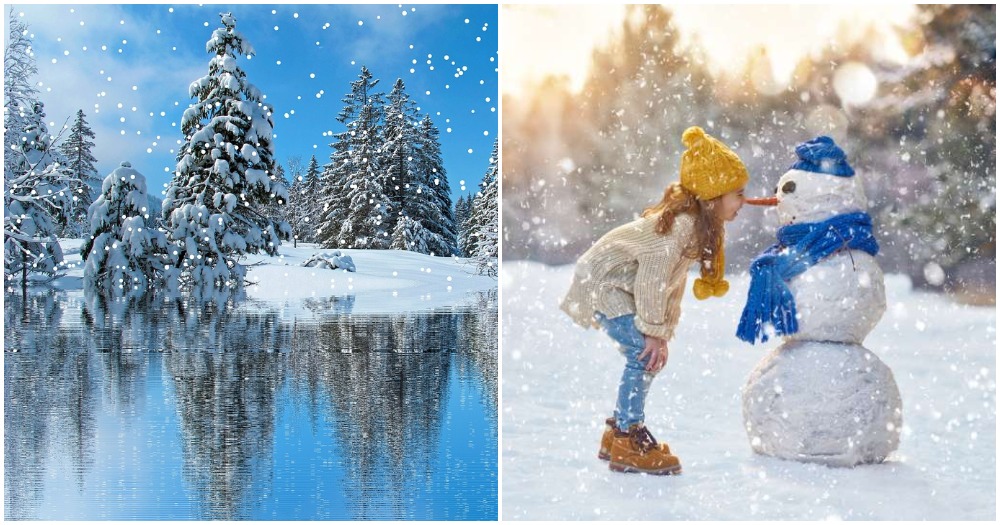
9. FLOUR-SIFTER SNOW
The next time you’re in Montana surrounded by small-flaked snow, you can say, “We’ve got some flour-sifter snow!”
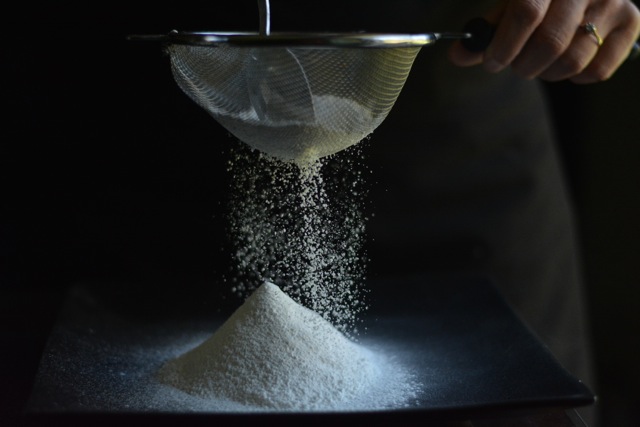
10. CORN SNOW
You know it and you hate it: that granular, kernel-like snow that’s the result of repeated thawing and freezing. The term corn snow is used in Pennsylvania, Michigan, and Oregon.
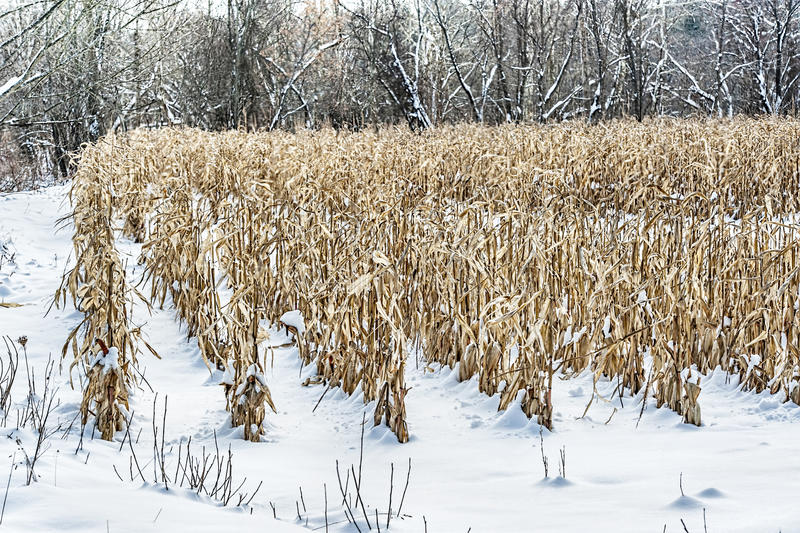
11. HOMINY SNOW
If grits are more up your alley, there’s hominy snow, a saying native to the South Midland states. The word hominy, referring to a kind of boiled ground corn, is Native American in origin, possibly coming from the Algonquian uskatahomen, “parched corn.”
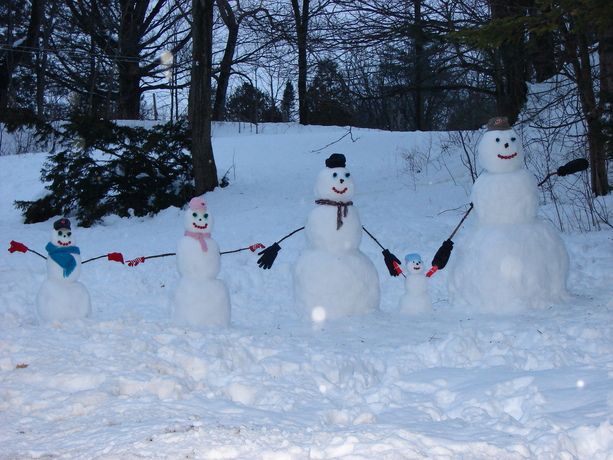
12. GRAMPEL
This term in northeast Washington and southwest Oregon for a snow pellet that’s “somewhat like hail” is probably a variant on graupel, “soft hail.” Graupel is German in origin and comes from graupel wetter, which translates literally as “sleet weather.”
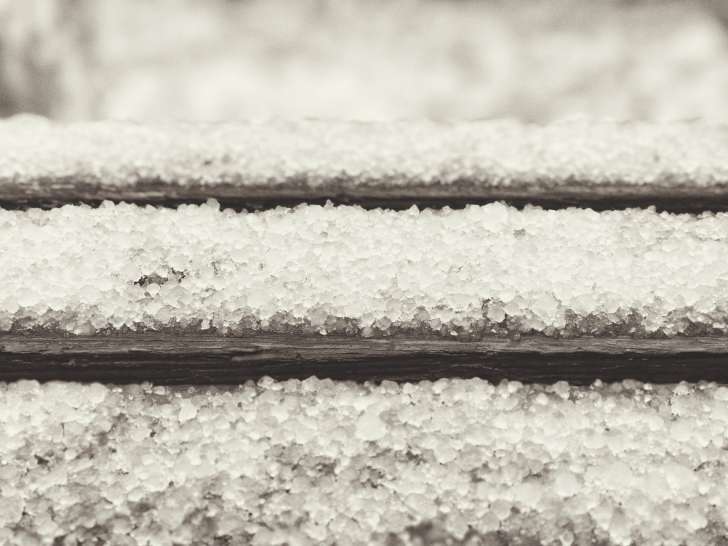
13. SNIRT
While it might sound like a cross between a snort and a snicker, this Upper Midwest term actually refers to a mix of windblown snow and dirt. The moniker itself is a blend too, namely of the words—you guessed it—snow and dirt.
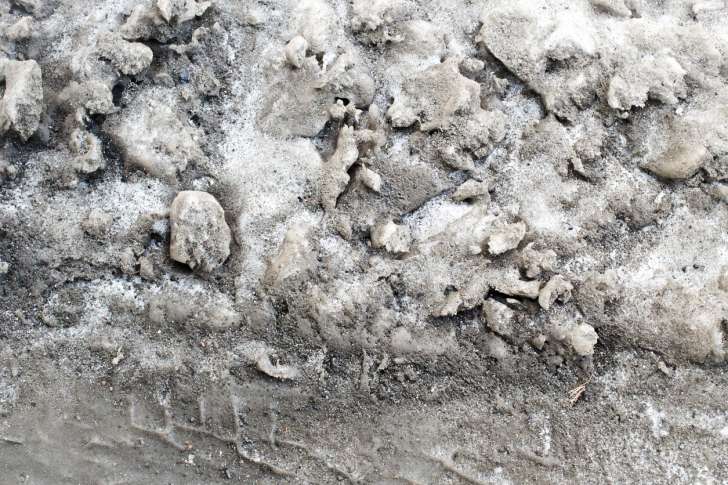
14. SPOSH
Back in the day, New Englanders called slush sposh, which also referred to mud. The word is probably imitative in origin and might be influenced by words like slush, slosh, and splash.
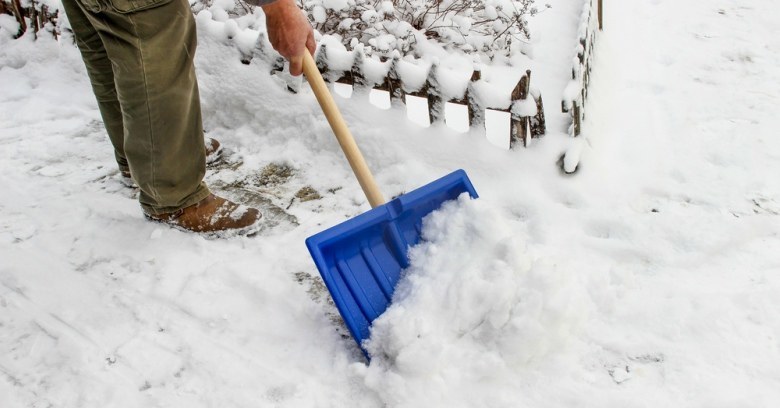
15. POST-HOLING
Ever walk in snow so deep you sink with every step? That’s post-holing or post-holing it, a saying in Colorado, Arkansas, Montana, and northwest Massachusetts. The post here refers to a fence post and hole to the hole created to secure it in the ground. Now we just need a word for sinking up to your knee when you step off a curb into slush that you’ve mistaken for ice.
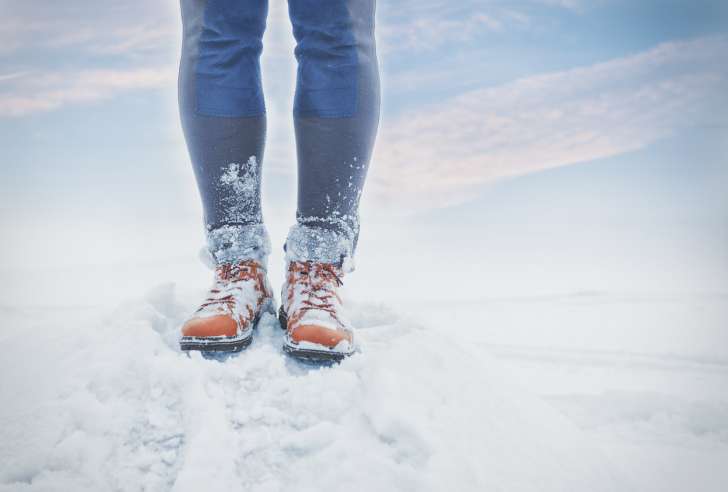
Credits: mentalfloss.com
Share this story on Facebook with your friends.
